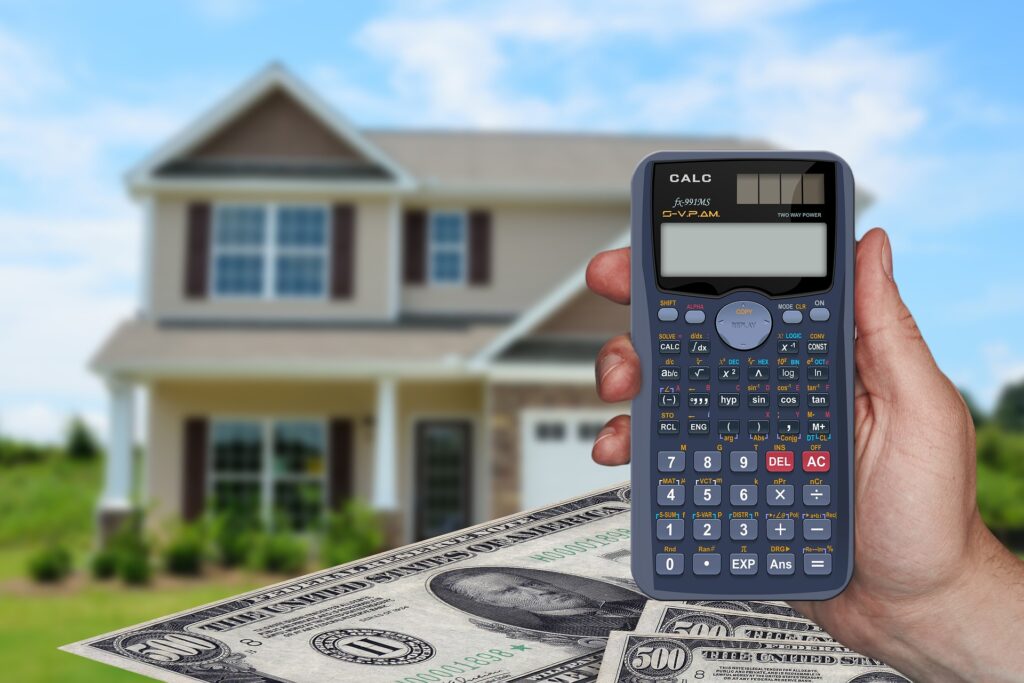When you own a homestead in Vermont, you’re entitled to apply for a tax prebate. A tax prebate is a tax credit for homeowners who claim their property as their full time residence. This is a great program to assist with alleviating a major concern of first-time buyers – high living costs. If you are purchasing a home, you may be required to bring more money to the table, so prepare in advance.
First thing to know is the prebate is based on seller income. You must apply for your prebate prior to April 15, when you file your taxes. If you are qualified, your taxes are reduced on your next tax period, from July-June.

What this means for home buyers and sellers:
When buying or selling a home, things can get a little sticky. The homebuyer is stepping into the seller’s shoes. If all parties agree, the buyer can negotiate the seller’s prebate in their favor. In this case, the buyer benefits by only being responsible for the partial prorated taxes on Closing day, based on sellers lowered tax bracket. However, the prebate is not attached to the home, rather the individual. Should the seller be moving to another VT homestead, they are legally allowed to hold onto their prebate for their own use at their new residence.
Furthermore, taxes are due mid-April, and prebate doesn’t apply until beginning of July. If the home is purchased between those dates, not only will the current year be prorated on Closing day, but also the upcoming year. If you’re a homebuyer, prepare accordingly, so you avoid any hiccups at the closing table.
We hope this provides clarification regarding tax prebates. Always check in with your attorney and lender ahead of time to keep up-to-date on your estimated closing costs. Closing costs may seem overwhelming, but on the flip side, all your taxes are paid up during your purchase, and you can rest easy during your first year in the new home!

